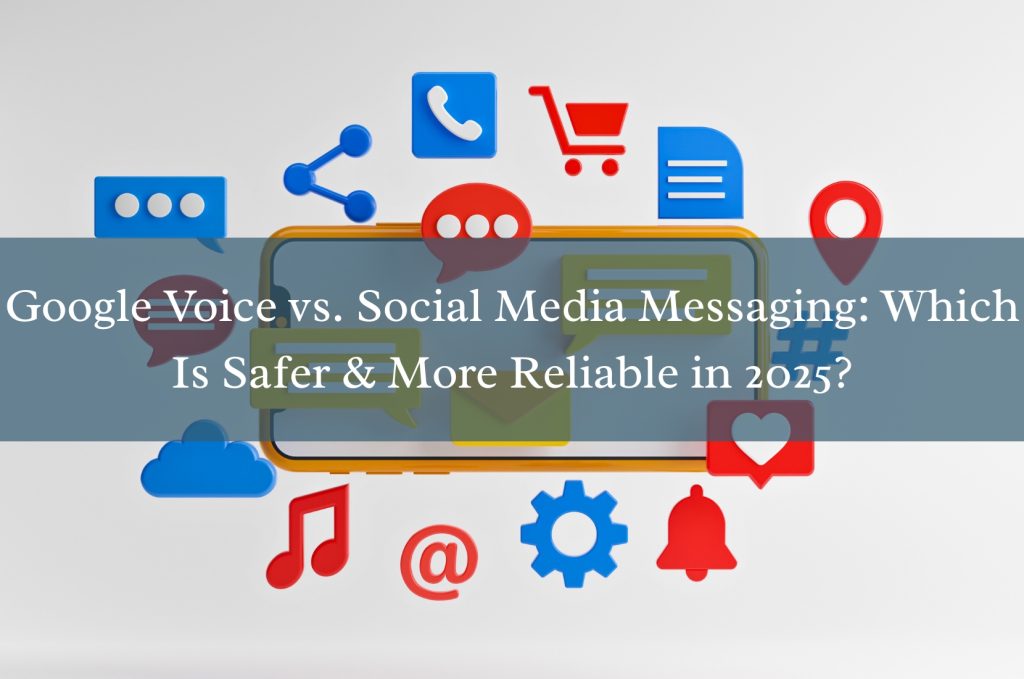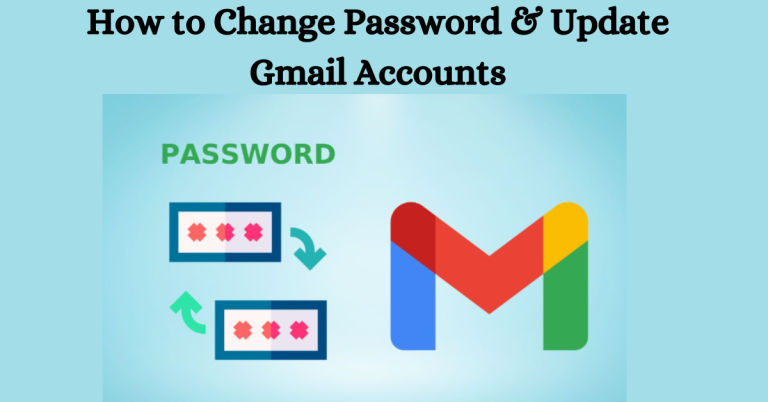
As communication tools become more embedded in our personal, professional, and business lives, the stakes for choosing the right platform have never been higher. In 2025, the two most used communication formats are Google Voice—a cloud-based telephony service—and social media messaging apps such as WhatsApp, Messenger, Telegram, and Instagram DMs.
But which one offers the best mix of security, reliability, scalability, and privacy for users looking to protect their conversations, engage effectively, and scale smartly?
In this in-depth comparison, we unpack each platform’s strengths and weaknesses, provide expert recommendations, and link you to top solutions like Google Voice accounts, Telegram bulk messaging setups, and privacy-first email services.
Understanding the Platforms: Google Voice vs. Social Messaging
What Is Google Voice?
Google Voice is a VoIP (Voice over Internet Protocol) service offered by Google, letting users:
- Make and receive calls
- Send and receive texts
- Manage voicemail (with transcription)
- Forward calls to multiple linked numbers
- Integrate with Gmail, Google Calendar, and Workspace tools
Businesses, freelancers, and remote teams use Google Voice accounts as a reliable alternative to traditional phone numbers, providing professional-level communications without a physical SIM.
For teams or regional operations, get 12 Google Voice accounts with full PVA (phone-verified account) support.
What Are Social Media Messaging Apps?
Social platforms like WhatsApp, Facebook Messenger, Instagram DMs, and Telegram dominate day-to-day chat for billions. Their popularity stems from:
- Instant messaging
- Rich media sharing (photos, videos, voice notes)
- Group chats
- Integrations with business pages and ads
Looking to expand outreach or influencer communications?
Explore these:
Key Factor Comparison: Security, Reliability & Privacy
🔐 Security
- Google Voice uses Google’s trusted cloud infrastructure, providing:
- 2-Step Verification
- Encryption in transit and at rest
- Voicemail PIN security
- Activity monitoring via Google Account Dashboard
- 2-Step Verification
- Enhance your setup with this guide:
👉 Best Privacy Settings for Google Voice - Social Media Apps vary:
- WhatsApp: End-to-end encrypted
- Telegram: Cloud chats encrypted server-side (Secret Chat is E2E)
- Messenger: Optional encryption
- Instagram: Shared metadata with Meta, minimal message encryption
- WhatsApp: End-to-end encrypted
Upgrade to secure email backups with ProtonMail or Zoho Mail.
🔁 Reliability
- Google Voice operates independently of social media, ensuring:
- Cross-device functionality
- Access via web, Android, iOS
- Seamless voicemail syncing
- No throttling or business restrictions
- Cross-device functionality
- Learn how to manage it:
👉 How to Change Google Voice Password & Update Account Info - Social Messaging relies heavily on:
- Mobile networks
- App stability
- Country-specific access (some platforms are blocked in regions)
- Data consumption
- Mobile networks
Streamline your strategy with TextNow numbers or Skype accounts for cross-border communication.
👥 Scalability & Use Cases
Best Use Cases for Google Voice:
- Dedicated numbers for clients
- Call tracking and routing
- Secure conversations
- Business line separation from personal
For maximum efficiency, use Gmail accounts in parallel for full funnel communications.
Best Use Cases for Social Messaging:
- High-volume chat with audiences
- Quick customer support
- Influencer and content creator interactions
- E-commerce notifications
Enhance presence with:
Bonus: Combine Both for a Complete Strategy
Why choose one? The best teams use both tools together:
- Google Voice for internal and secure voice-based communications
- WhatsApp and Instagram DMs for outbound engagement and support
- Email for documentation, reporting, and automated marketing
Get a full stack from our SEO SMM Boosters marketplace—Gmail, Outlook, iCloud, Mail.ru, and more.
Final Verdict: Which Is Safer and More Reliable?
| Feature | Google Voice | Social Messaging |
| Security | Google-grade encryption, 2FA, voicemail PIN | App-dependent, varies widely by platform |
| Reliability | Enterprise-level uptime | Subject to app performance, outages |
| Business Use | Yes (voice, routing, support) | Limited formal use |
| Scalability | Bulk number purchase, team-friendly | Bulk harder, often platform-flagged |
| Privacy | Better account and data control | Data sharing common (esp. Meta platforms) |
Conclusion:
- For formal, high-security, scalable communication: Go with Google Voice
- For engagement-heavy, public-facing communication: Use social messaging apps
Use them together, and you get the best of both.
❓ Frequently Asked Questions (FAQ)
Q1: Is Google Voice more secure than WhatsApp or Messenger?
A: Yes. Google Voice benefits from Google’s enterprise-grade infrastructure, including encrypted voicemail, call logs, and 2FA integration. In contrast, apps like WhatsApp use end-to-end encryption, but Facebook Messenger and Instagram DMs are less secure and often share metadata across the Meta ecosystem.
Q2: Can I use Google Voice for international calls?
A: Absolutely. Google Voice allows international calling at competitive rates. It’s an excellent choice for freelancers or businesses working across borders. You can buy Google Voice accounts to scale international operations.
Q3: Which is better for business communication: Google Voice or Telegram?
A: Google Voice is better for structured, voice-based business interactions, while Telegram is ideal for mass messaging and informal group communications. Use Telegram accounts for engagement and Google Voice for client calls or support.
Q4: Can I use social messaging for OTP or verifications?
A: Social apps are often blocked or restricted for verification by many services. Google Voice is more stable and widely accepted for SMS verifications and OTP delivery, making it more reliable for account setup and logins.
Q5: How can I combine both Google Voice and social messaging in my business?
A: Use Google Voice for client voice calls, lead verification, and support. Use WhatsApp or Messenger for community updates, casual chats, and follow-ups. For full integration, get bulk Gmail, WhatsApp, and Google Voice accounts.


